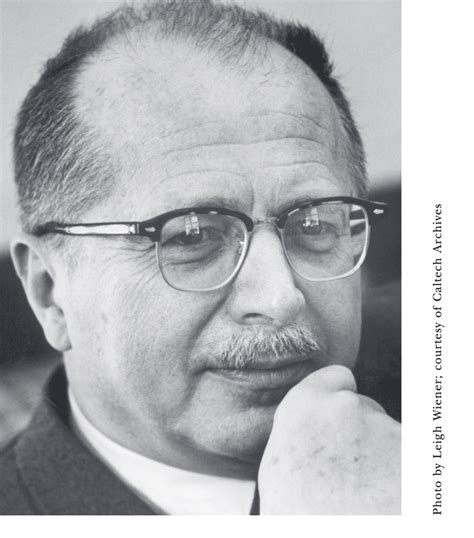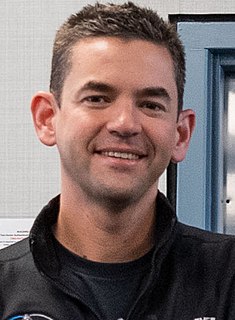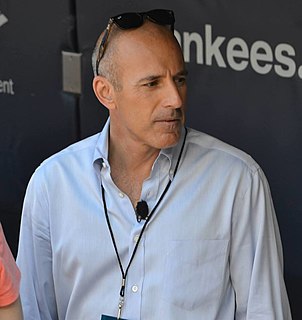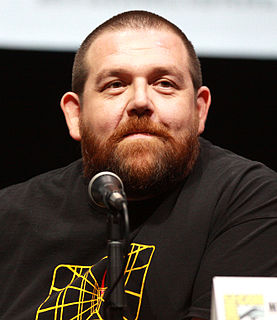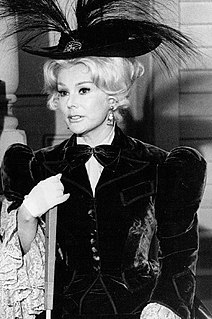A Quote by Debra Fischer
In 1999, my team discovered that the star Upsilon Andromedae was circled by three gas-giant planets - the first distant multiplanet system ever found. That same year, other researchers observed the first 'transit' of an exoplanet - a planet blocking out a small fraction of the starlight as it passes in front of the star.
Related Quotes
But what exceeds all wonders, I have discovered four new planets and observed their proper and particular motions, different among themselves and from the motions of all the other stars; and these new planets move about another very large star [Jupiter] like Venus and Mercury, and perchance the other known planets, move about the Sun. As soon as this tract, which I shall send to all the philosophers and mathematicians as an announcement, is finished, I shall send a copy to the Most Serene Grand Duke, together with an excellent spyglass, so that he can verify all these truths.
Always look up! Every time I step out-side, that's the first thing I do. Ask your-self, "what star is that?", grab a star chart and try to figure it out. That is basically how I started. Learn your planets and learn how to distinguish them from the stars. Study star charts even during the day and that night, go and see if you can find them. You may surprise yourself!
In a certain sense I made a living for five or six years out of that one star [? Sagittarii] and it is still a fascinating, not understood, star. It's the first star in which you could clearly demonstrate an enormous difference in chemical composition from the sun. It had almost no hydrogen. It was made largely of helium, and had much too much nitrogen and neon. It's still a mystery in many ways ... But it was the first star ever analysed that had a different composition, and I started that area of spectroscopy in the late thirties.
There are more stars than there are people. Billions, Alan had said, and millions of them might have planets just as good as ours. Ever since I can remember, I’ve felt too big. But now I felt small. Too small. Too small to count. Every star is massive, but there are so many of them. How could anyone care about one star when there were so many spare? And what if stars were small? What if all the stars were just pixels? And earth was less than a pixel? What does that make us? And what does that make me? Not even dust. I felt tiny. For the first time in my life I felt too small.





